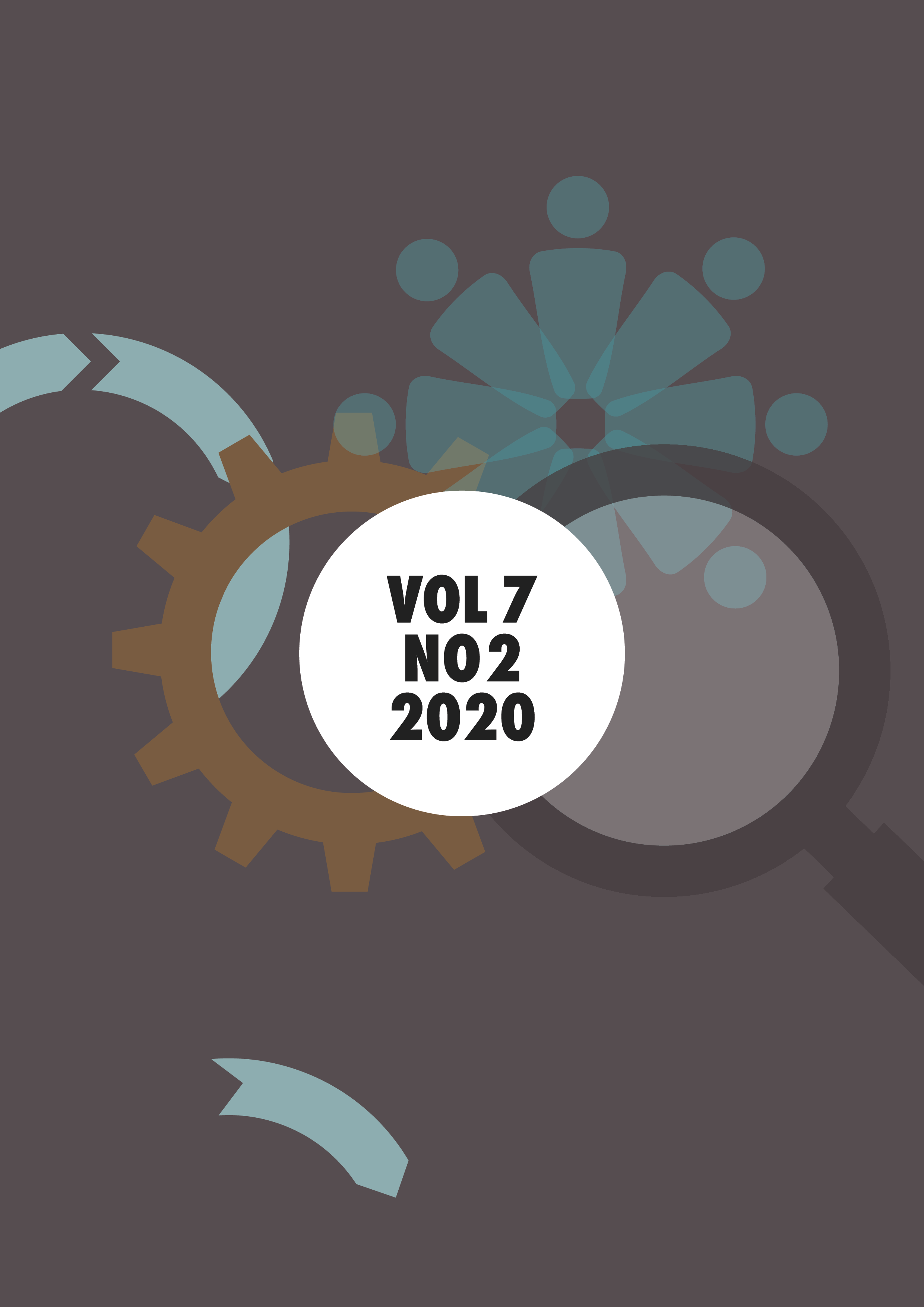Symbolic Implementation of Cultural Participation Programmes
The Case of Panama's 500-year Fund
DOI:
https://doi.org/10.7146/tjcp.v7i2.119233Keywords:
Panama, Institutional framework, Cultural programmes, Participation, Community artsAbstract
The most common concept of success in cultural programmes is coloured by diehard rational economic narratives. Planning and implementation processes, however, happen within a set of institutions that guide the actions of agents with sometimes conflicting interests. In some cases, the purpose of the programme could be defining these rules and allowing access to new agents. This is the case in cultural participation projects that address complex social and economic dilemmas. In this paper, we reflect on our experiences as both designers and evaluators of Panama’s 500-year Fund, an initiative to commemorate the foundation of Panama City in 1519. We explore how the existing institutions and agents in Panama City’s cultural sector came into contact with professionals dealing with economic and social issues, and community participants. We argue that there was a symbolic implementation of this Fund. This facilitated a resource-intensive process to reduce ambiguity about goals and ways of working.
Downloads
Published
How to Cite
Issue
Section
License
Copyright (c) 2020 Conjunctions. Transdisciplinary Journal of Cultural Participation

This work is licensed under a Creative Commons Attribution-NonCommercial-NoDerivatives 4.0 International License.
Copyright (c)): Author
This work is licensed under a Creative Commons Attribution-NonCommercial-NoDerivatives 4.0 International License.





